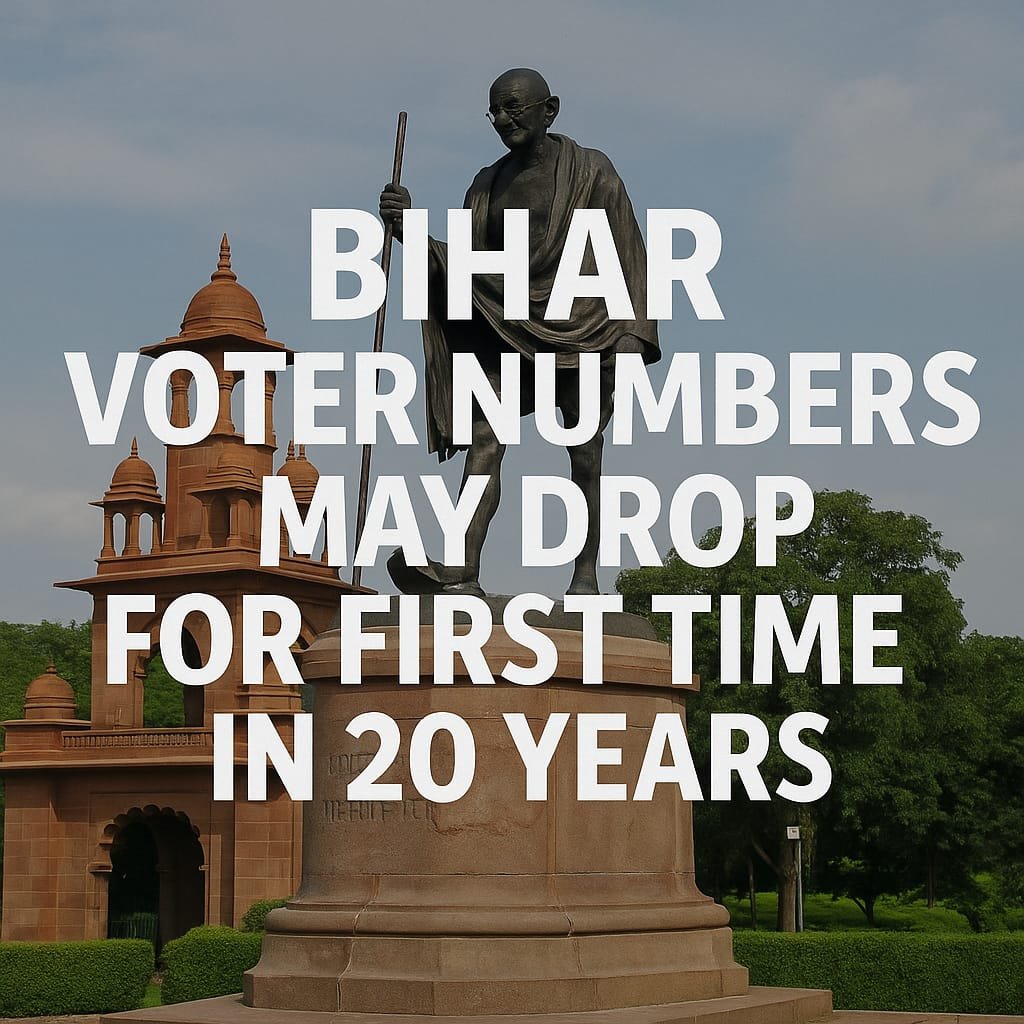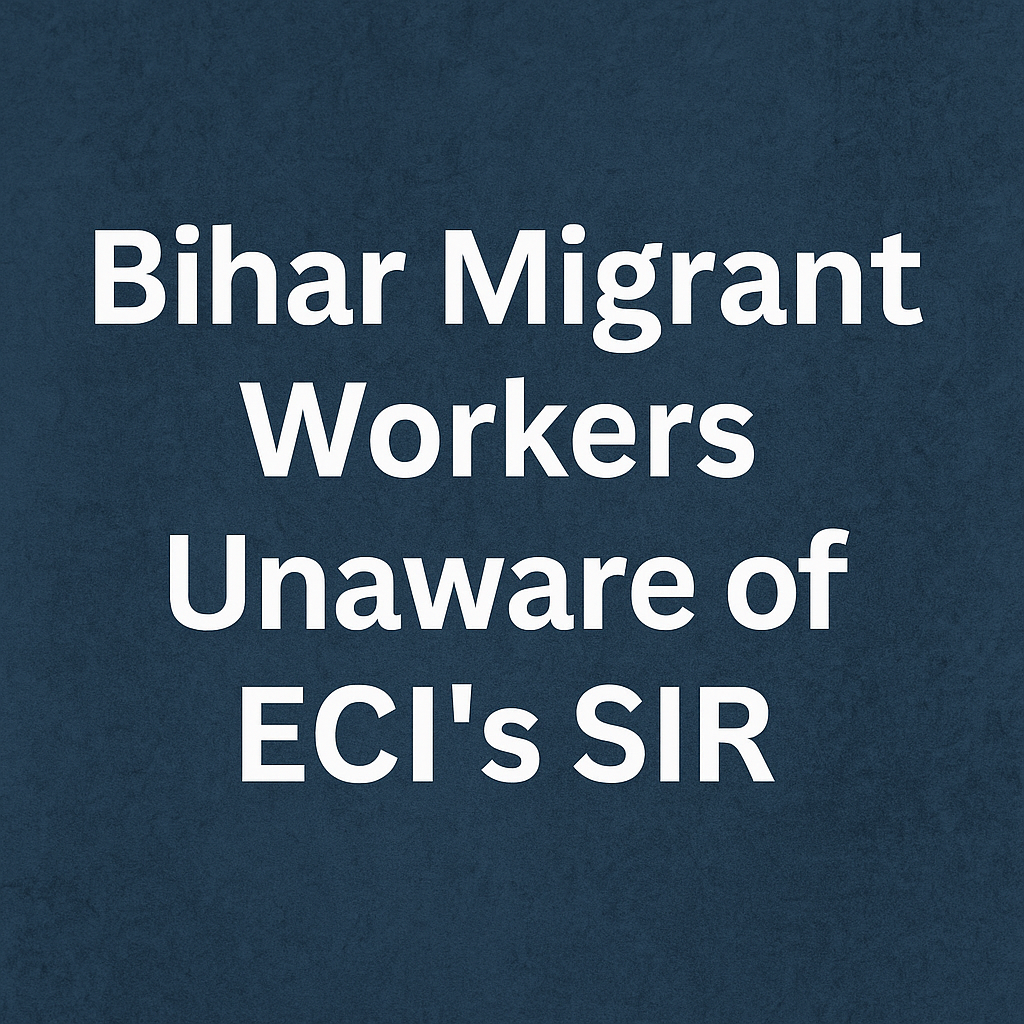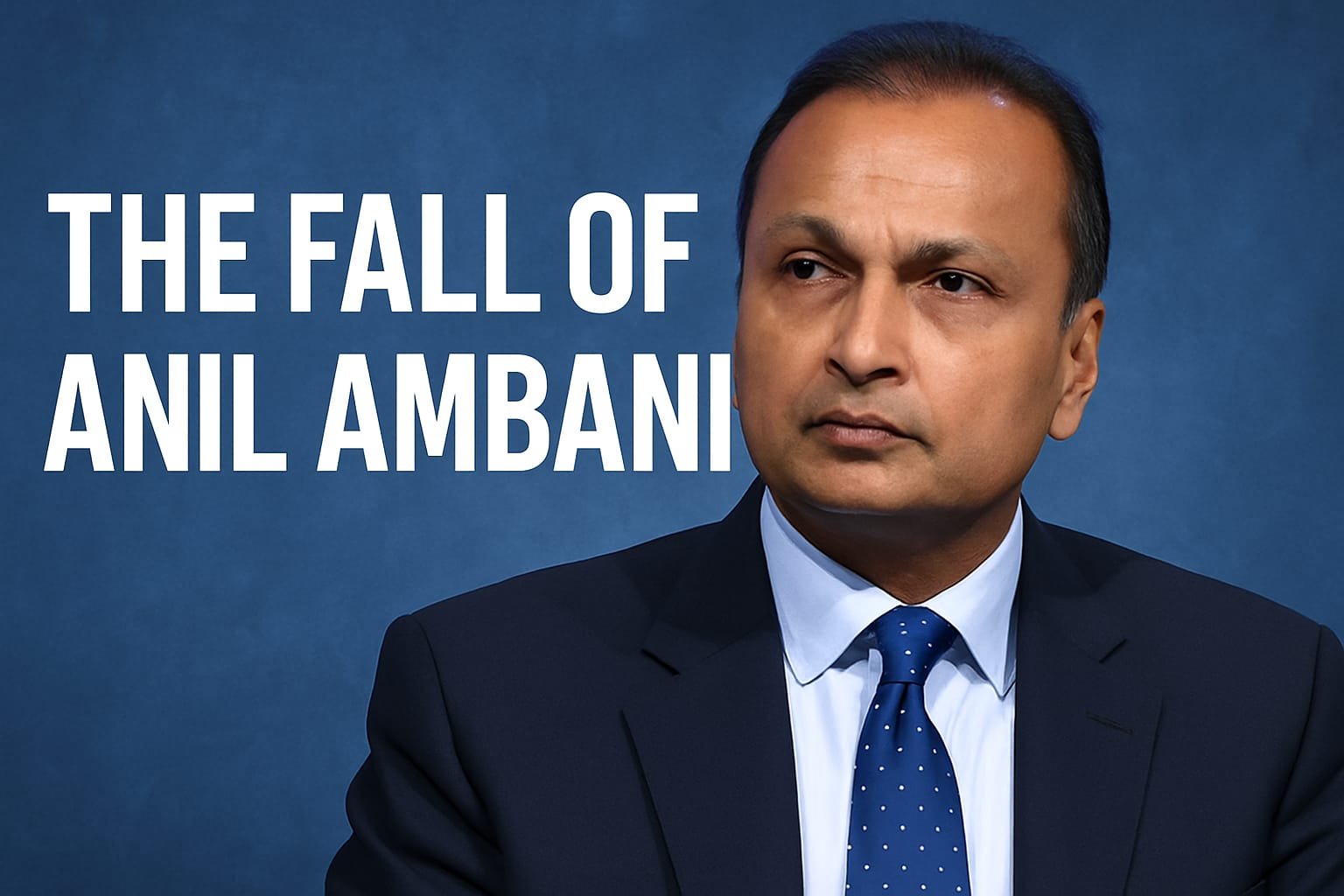
After a prolonged three-year wait, Elon Musk’s Starlink has finally received the go-ahead to operate in India. The Department of Telecommunications (DoT) has granted Starlink a Global Mobile Personal Communications by Satellite (GMPCS) license—clearing the way for the satellite-based internet giant to serve remote and underserved parts of India. This landmark approval could reshape India’s digital landscape, particularly in rural areas where traditional broadband infrastructure is either slow or entirely absent.
Starlink’s Licensing Journey
Starlink had applied for the GMPCS license in 2022, though it had prematurely started taking pre-orders in 2021. At the time, the Indian government intervened and directed Starlink to halt bookings, stressing that such operations without formal approval violated national licensing norms. Over 5,000 booking amounts were eventually refunded.
Now, with the GMPCS license in hand, Starlink joins the ranks of Eutelsat-OneWeb and Jio Satellite in India’s growing satellite internet ecosystem. The license, valid for 20 years, not only allows Starlink to offer voice and data services via satellite but also provides approval for internet service provider (ISP) and very small aperture terminal (VSAT) operations. However, Starlink must still secure approval from the Indian National Space Promotion and Authorization Centre (IN-SPACe) to deploy its satellite constellation.
Is This a Privacy or Security Risk?
One of the major hurdles for any foreign satellite operator entering India is the compliance with national security regulations. A government official noted that Starlink, like other satellite providers, had to agree to stringent conditions related to the lawful interception of data and location of ground stations. The government has also allotted satellite spectrum to Jio and OneWeb under similar conditions to ensure uniform compliance.
While the GMPCS license is a significant milestone, it is not the final green light. The company still needs IN-SPACe's nod to begin full deployment. IN-SPACe's role ensures that India retains sovereignty over its space assets, especially when a foreign player with massive global ambitions is involved.
There’s also an undercurrent of concern globally regarding satellite internet as a surveillance tool. While there's no evidence that Starlink engages in unauthorized data monitoring, experts warn that allowing a foreign-owned satellite internet provider unprecedented access to data pipelines must be handled with regulatory vigilance.
Global Context: Has This Happened Before?
The United States, where Starlink is based, has been generally supportive of domestic satellite operators. However, the U.S. itself has imposed strict barriers to entry for foreign satellite companies, citing national security. For example, China’s attempts to operate in U.S. communication infrastructure have been blocked repeatedly.
In Europe, countries like France and Germany have welcomed Starlink but with tight conditions related to cybersecurity, data sovereignty, and taxation. France, notably, temporarily revoked Starlink's frequency authorization in 2022 after a public consultation found that the project lacked transparency regarding its environmental and economic impact.
India’s case seems to follow a similar trajectory—welcoming innovation while putting national interest first. In contrast, some African countries like Nigeria have adopted Starlink services with relatively lighter oversight, largely driven by the urgent need to improve internet access.
Business and Geopolitics Intersect
Interestingly, this regulatory approval coincides with Elon Musk's recent announcement distancing himself from American politics. On May 29, he publicly stepped down from his role in Donald Trump’s former administration and resigned as head of the U.S. Department of Government Efficiency (D.O.G.E.)—a symbolic gesture that might improve international trust, including in countries like India.
Starlink’s current focus is also on closing a trade deal with the U.S. to avoid a 26% reciprocal tariff ahead of a July 9 deadline. The Indian government’s timing in granting the license could be seen as a strategic move, giving Musk leverage to present India as a key growth market amid global uncertainty.
Insightful Take
Starlink’s entry into India has the potential to boost the country’s Digital India initiative, particularly in regions where fiber-optic or 5G connectivity remains a pipe dream. However, the road ahead is paved with regulatory checks and geopolitical chess games.
If Starlink can meet its compliance obligations and deliver on its promise of low-latency internet at affordable rates, it may revolutionize connectivity in India—especially in educational, agricultural, and healthcare sectors in remote areas.
But it must tread carefully. In a world where data is power, India's decision to allow Starlink in—while holding it tightly accountable—could serve as a model for other developing nations.










.jpeg)




.jpeg)
.jpeg)




